On the morning of May 25, the National Assembly discussed in groups and gave opinions on the implementation of the socio-economic development plan, the practice of thrift, anti-wastefulness, and many other important issues.
'Mother' loses but 'child' gains
At the discussion session, National Assembly delegate Ta Thi Yen (Dien Bien delegation) reflected the concerns of many voters about the increase in electricity prices.
Ms. Yen reported that from 2010 to present, Vietnam Electricity Group (EVN) has adjusted the electricity price 8 times, the average price from 1,058 VND/kwh to 1,864.44 VND/kwh (in 2019) and until now continues to report losses, requesting an increase in electricity price adjustment.
"In all reports, EVN has confirmed that electricity production and business are continuously losing money. However, the report has not yet clarified the cause and specific solutions for EVN's loss of more than VND26 trillion in 2022," said a delegate from Dien Bien.

Delegate Ta Thi Yen said that voters were concerned about the fact that in the same ecosystem, the parent company reported losses while its subsidiaries still announced high profits in 2022. Typically, two enterprises under EVN, Power Generation Corporation 3 and Power Generation Corporation 2, both recorded after-tax profits in 2022 of VND 2,550 billion and VND 3,668 billion, respectively...
“So what is the main cause of this loss? If it is said that it is due to high input prices, including fuel, interest or exchange rate losses, then the subsidiaries are also facing this difficulty. Why are the results different? Is this a problem of management capacity?”, Ms. Yen asked.
Another question is that while EVN is complaining about losses and increasing electricity prices, the negotiation of electricity prices with wind and solar power producers has not yet reached a conclusion, which inadvertently creates huge waste.
“I think the long-term solution for the electricity industry is to research and find the optimal solution to ensure energy security, and to find cheaper, cleaner fuel sources, thereby reducing production costs. In particular, there needs to be a reasonable price mechanism for private power plants and renewable energy projects to participate in the electricity business,” said delegate Ta Thi Yen.
Why import electricity from China and Laos?
Sharing the same concern, delegate Dinh Ngoc Minh, full-time member of the Economic Committee (Ca Mau delegation) said that people are very upset about electricity and asked: Why do we have to import electricity, while solar and wind power sources of up to 4,600 MW have not yet been connected to the grid?

"Why such waste?", delegate Minh said, the reason why these power sources are not being mobilized is due to procedural errors, but procedures are set by humans, why not improve to connect 4,600 MW to the grid, but have to buy electricity from China and Laos.
"Whose responsibility is this? The electricity industry needs to innovate a lot. In the Government's report, what solutions should be chosen to improve this issue?", said delegate Minh. He also said that he had directly attended many meetings and saw that, in the total 100% of output sent to the grid, the electricity source from EVN only accounted for a certain proportion, the rest was generated from companies and businesses other than EVN.
"So why do these businesses make a profit, while EVN makes a loss?", Mr. Minh asked the same question as delegate Yen. Citing the provisions of the Electricity Law that the State only has a monopoly on transmission, Mr. Minh said, now EVN also "embraces" distribution.
"The electricity industry has 100,000 staff. The distribution system only records numbers, why are there so many? Losses are losses here. We only reform, comply with the Electricity Law, separate the state-monopolized transmission part, but distribution is not necessary," emphasized the specialized member of the Economic Committee.
Also asking the question, who is responsible for wasting such electricity, delegate Le Thanh Van (Ca Mau delegation) commented that Vietnam is a wind and solar power powerhouse, but still has to import electricity from China and Laos. Meanwhile, EVN is continuously losing money, so the problem must be "dissected" and appropriate solutions must be found.
'Why not reduce electricity purchased from foreign countries?'
Explaining the issue of solar power waste, Finance Minister Ho Duc Phoc said he had discussed it with the Minister of Industry and Trade.
"Is there any problem with this? If there is a problem with electricity prices, the Ministry of Finance will coordinate with the Ministry of Industry and Trade to jointly develop prices, ensuring the release of stagnant capital that businesses have borrowed from banks and invested in," Mr. Ho Duc Phoc recounted the conversation with the Minister of Industry and Trade.
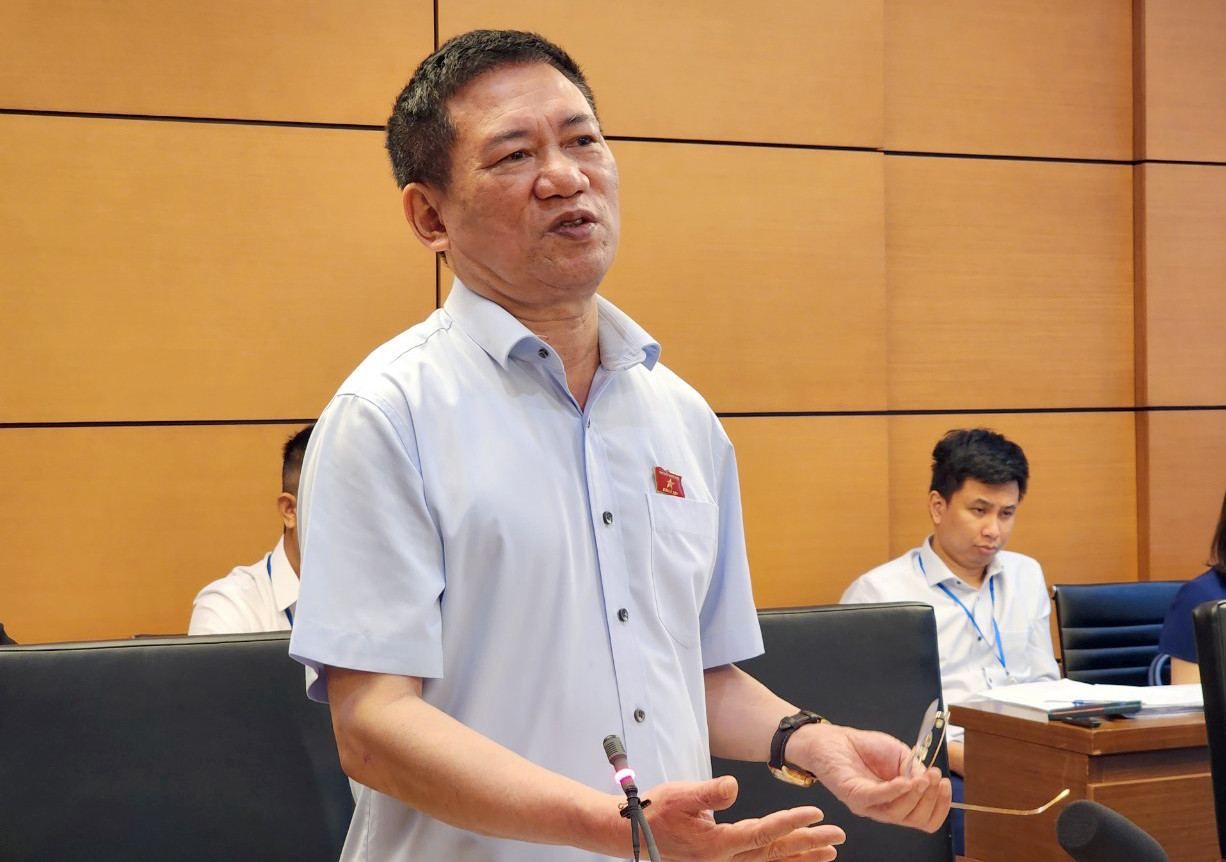
However, according to Mr. Phuc, the Minister of Industry and Trade, "it's not about price, it's about capacity, which means we have enough capacity now."
“I asked again, if we have enough capacity, why do we do it? If we have done it, why don’t we reduce the amount of electricity we buy from foreign countries?”, said Minister Ho Duc Phoc.
“The Minister of Industry and Trade replied that he had signed an agreement with a foreign country and now it is impossible to negotiate a cut. That is the reason and we have to go to the root of the problem to see where the cause comes from and how to solve it,” said Mr. Phoc.
According to the Minister of Finance, it is necessary to amend a number of regulations, especially the most congested ones are the Law on Planning and the Law on Public Investment.
“Even though we have issued the Planning Law for several years now, we are still struggling to implement it, and the same goes for the electricity issue,” the Minister of Finance expressed.
Source


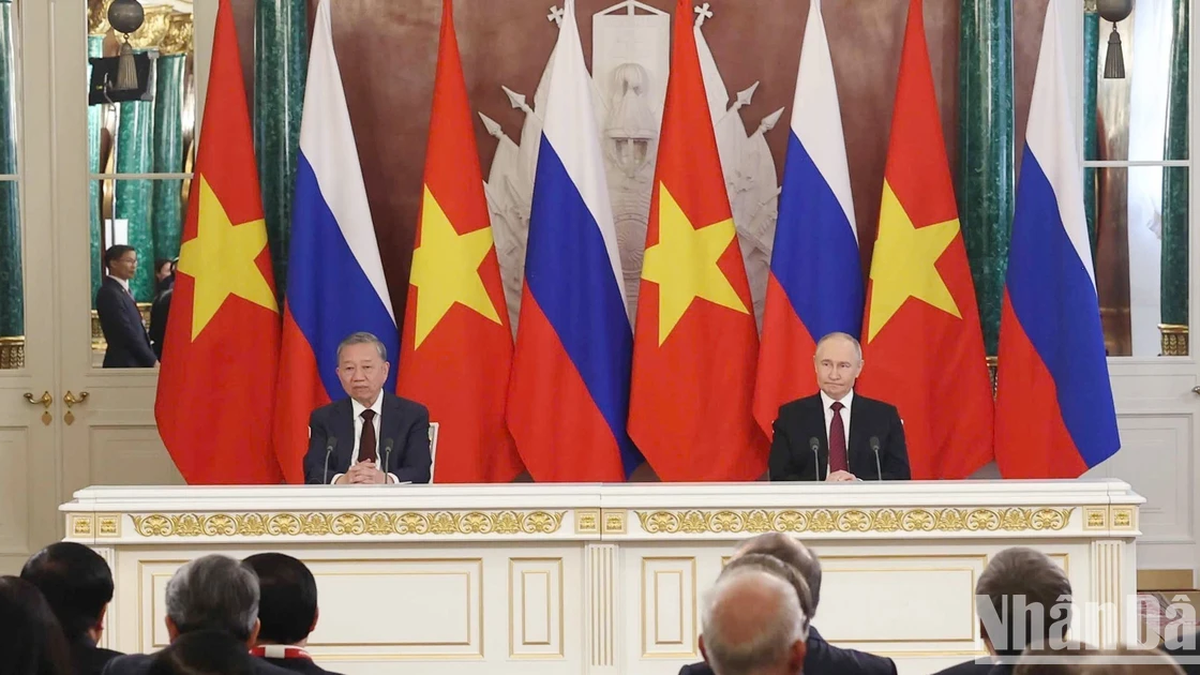

![[Photo] Prime Minister Pham Minh Chinh chairs Government Standing Committee meeting on Gia Binh airport project](https://vphoto.vietnam.vn/thumb/1200x675/vietnam/resource/IMAGE/2025/5/10/6d3bef55258d417b9bca53fbefd4aeee)

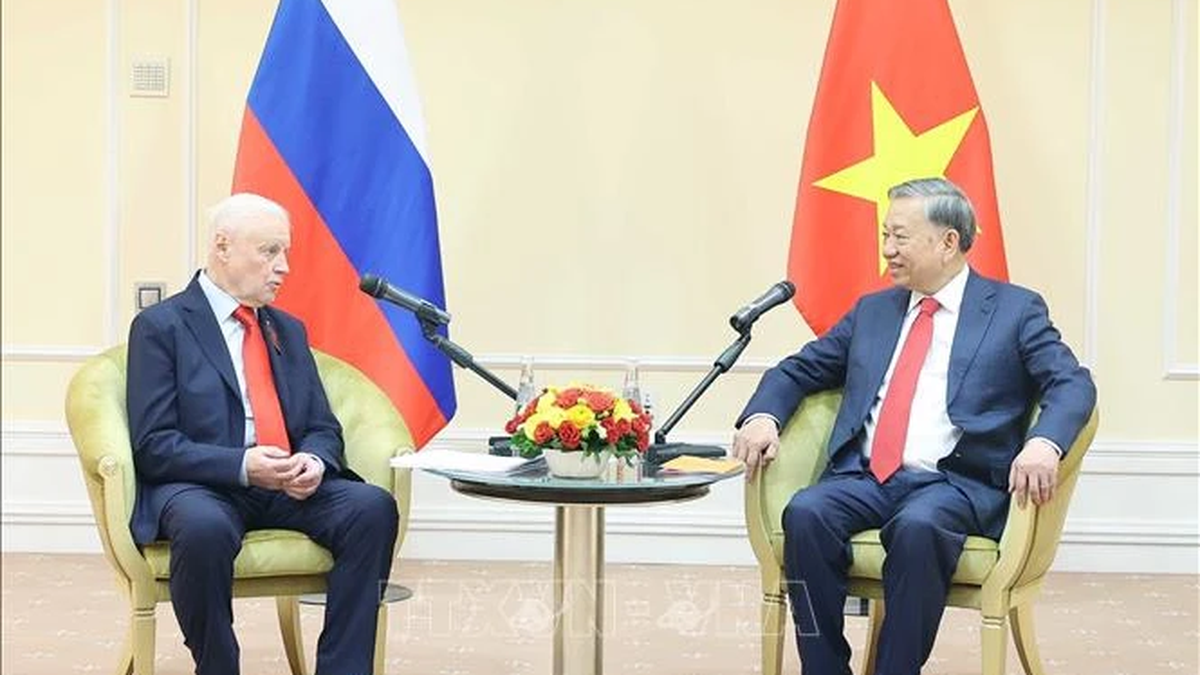
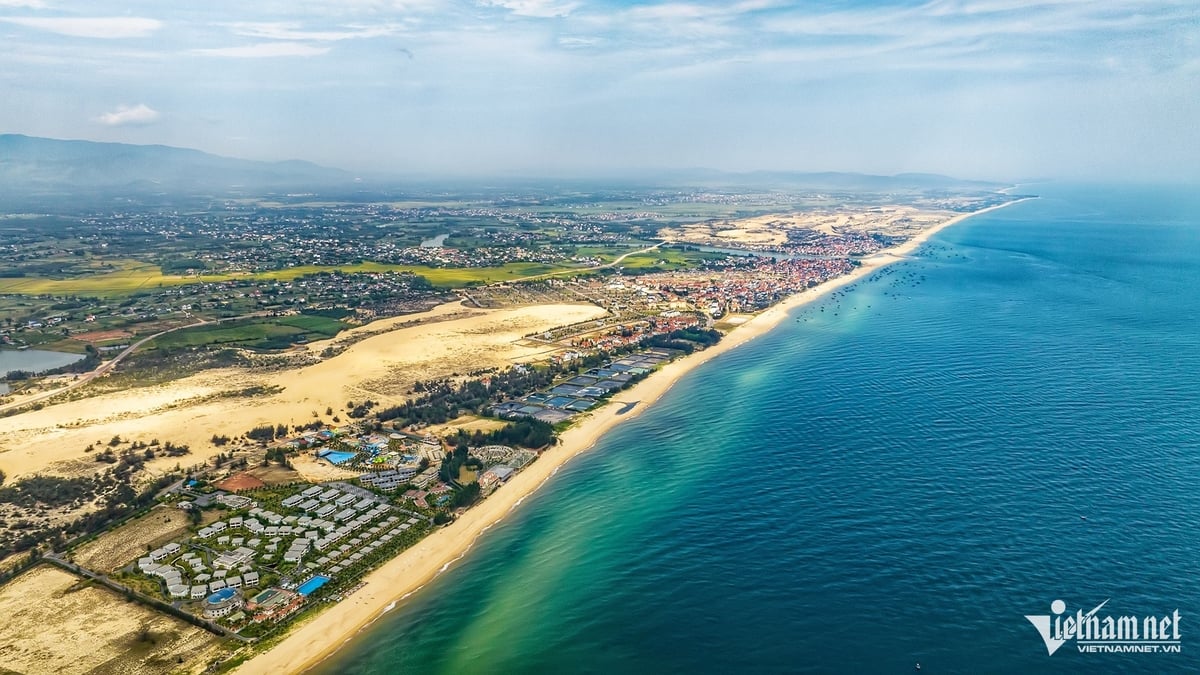
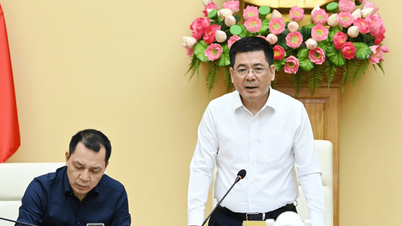





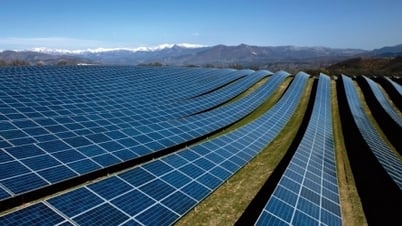
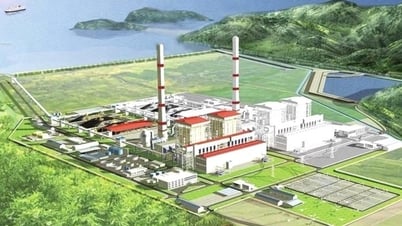



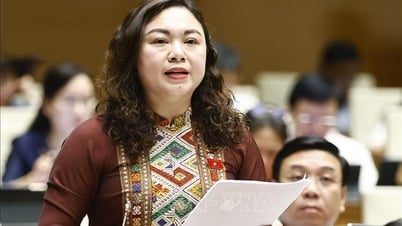
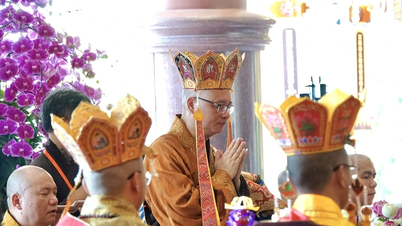

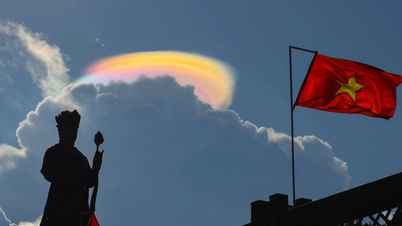








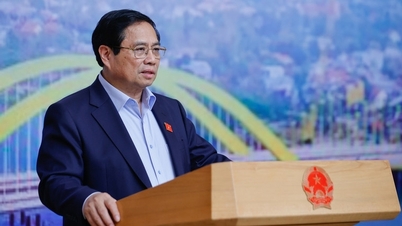


































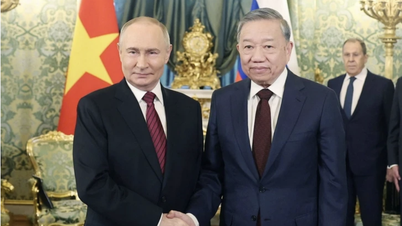

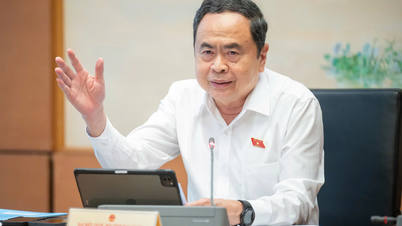
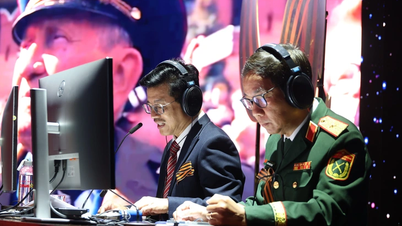




























Comment (0)